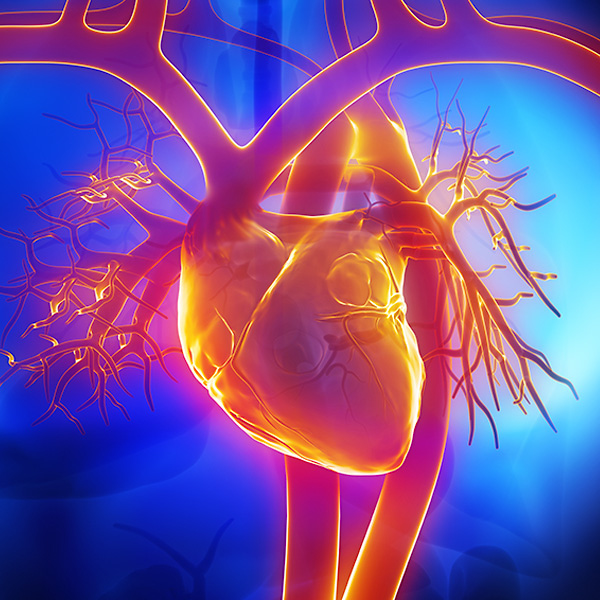Sudden Cardiac Arrest
Overview and Facts about Sudden Cardiac Arrest
Sudden cardiac arrest results when someone’s heart suddenly and unexpectedly stops functioning, causing them to stop breathing and lose consciousness, due to lack of blood flow to the brain.
Sudden cardiac arrest is a medical emergency and can result in sudden cardiac death. Immediate medical care is necessary to survive, including CPR, chest compressions and treatment with a defibrillator.
Signs and Symptoms of Sudden Cardiac Arrest
In many cases, sudden cardiac arrest doesn’t have preliminary symptoms. The first thing other people notice is the sudden loss of consciousness. After the individual has fainted, no pulse can be found.
Sometimes, right before losing consciousness, the person may feel dizzy or light-headed. Some also report chest pain, nausea, or shortness of breath within an hour of sudden cardiac arrest.
Causes and Risk Factors of Sudden Cardiac Arrest
Sudden cardiac arrest occurs when the electric signals that control the heart's pumping malfunction. This short-circuit of the electrical system causes the heart to beat faster and the pumping chambers to begin to flutter instead of pump blood. This heart condition is called ventricular fibrillation, or v-fib; this underlying arrhythmia condition often goes undiagnosed until a sudden cardiac arrest.
Other heart conditions and situations can lead to sudden cardiac arrest, including:
- Weak electrical signals in the heart
- A heart muscle that stops responding to electrical impulses
- Coronary heart disease
- Severe physical stress
- Inherited heart conditions
- Structural changes to the heart
Although many cases of sudden cardiac arrest occur without warning, certain risk factors have been identified. Coronary heart disease is a major risk indicator for sudden cardiac arrest, although many cases of this heart condition remain silent with no visible symptoms.
An individual also has a higher risk if they:
- Are male
- Are an African-American with diabetes, hypertension, heart failure, or chronic kidney disease
- Have a history of arrhythmias
- Abuse drugs or alcohol
- Have had a heart attack
- Have a family history of sudden cardiac arrest or coronary artery disease
Tests and Diagnosis of Sudden Cardiac Arrest
Doctors can confirm sudden cardiac arrest in an emergency room by ruling out other reasons for the sudden loss of consciousness. To do so, they may perform an:
- Electrocardiogram (EKG)
- Echocardiography
- MUGA test
- Cardiac MRI
- Cardiac catheterization
- Electrophysiology study
- Blood tests
Treatment and Care for Sudden Cardiac Arrest
Sudden cardiac arrest requires immediate emergency care. Call 911 and treat the person with a defibrillator as soon as possible. A defibrillator sends an electric shock to the heart, which can reset the heartbeat and restore normal pumping. After a cardiac arrest, every minute that passes without a defibrillator lessens the chances of survival.
If a defibrillator isn’t available, begin CPR while waiting for emergency personnel to arrive. If CPR is unknown, start chest compressions to move blood through the body.
If the person survives sudden cardiac arrest, they may need to stay in the hospital as physicians work to reduce the risk of another cardiac arrest through:
- Medication
- Coronary angioplasty
- Implantable cardioverter defibrillator

Request an Appointment
Loyola Medicine heart and vascular specialists have the experience and technology to treat the most difficult cardiac and vascular conditions. Schedule an appointment today.
Schedule a Telehealth Appointment
